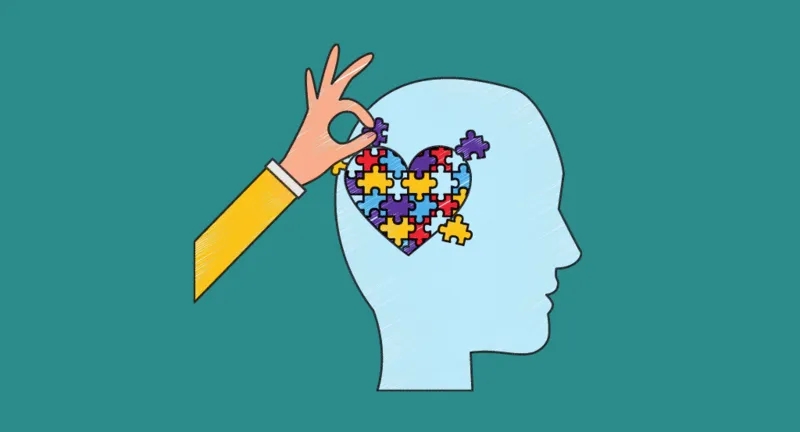Experiencing a mental health crisis can be overwhelming, but reaching out for support is a crucial step toward recovery. If you or someone you know is going through a difficult time, here are some ways to seek help:
Talk to Someone You Trust
Reach out to a friend, family member, or colleague whom you trust. Share your feelings and thoughts with them. Often, expressing emotions can be a relief, and having someone to listen without judgment can make a significant difference.
Contact Mental Health Professionals
Seek help from mental health professionals, such as therapists, counselors, or psychologists. They are trained to provide support and guidance during challenging times. Many therapists offer virtual sessions, making it more accessible for those who may not be able to attend in person.
Crisis Helplines
Utilize crisis helplines available in your region. These services often have trained professionals ready to offer immediate assistance. Consider searching for crisis helplines in your locality and seek support.
Text or Chat Services
Some crisis intervention services offer text or online chat options, providing a discreet way to communicate and seek help. This can be especially beneficial for those who may feel uncomfortable speaking over the phone.
Mobile Apps
There are various mental health apps designed to provide support and coping mechanisms. These apps may include features such as mood tracking, meditation exercises, and crisis helplines. Examples include Headspace, Calm, or crisis text line apps.
Contact a Primary Care Physician
Reach out to your primary care physician or healthcare provider. They can help assess your situation, provide referrals to mental health professionals, and discuss potential medication options if necessary.
Community and Support Groups
Joining a mental health support group can connect you with others who may be experiencing similar challenges. Sharing experiences and coping strategies with peers can be empowering and foster a sense of belonging.
Emergency Services
In an immediate crisis, don’t hesitate to contact emergency services. If you or someone you know is at risk of harm, call emergency services (911 in the United States) for immediate assistance.
Educate Yourself
Learn more about mental health resources available in your community or online. Understanding the available support options can empower you to make informed decisions about seeking help.
Create a Safety Plan
Work with mental health professionals to develop a safety plan outlining steps to take during a crisis. This plan can include contact information for supportive individuals, helplines, and coping strategies.
Conclusion
Remember that seeking help is a sign of strength, and there are resources and people available to support you during difficult times. Don’t hesitate to reach out and prioritize your mental well-being.

